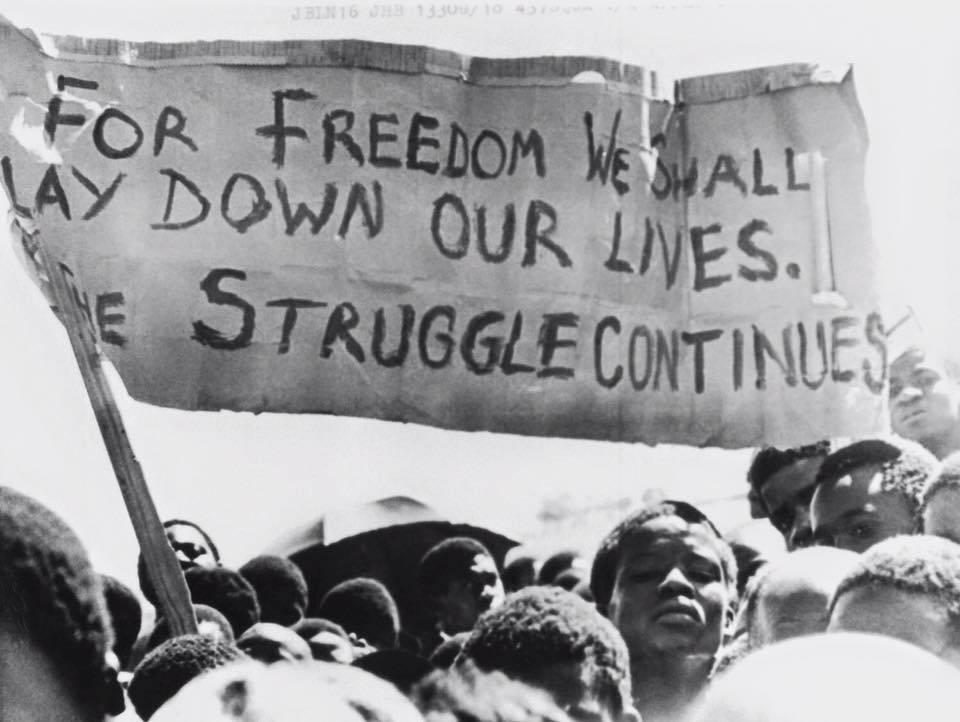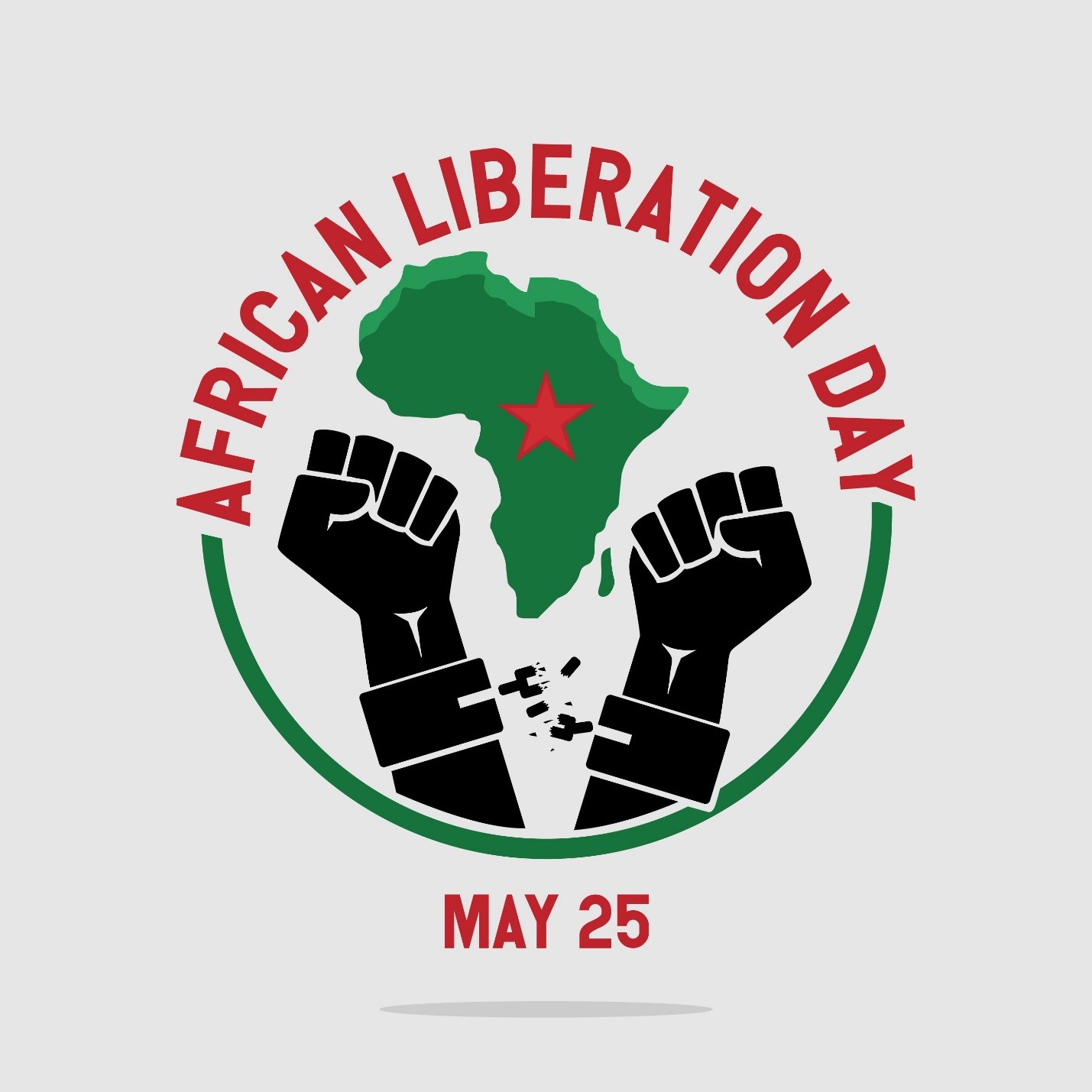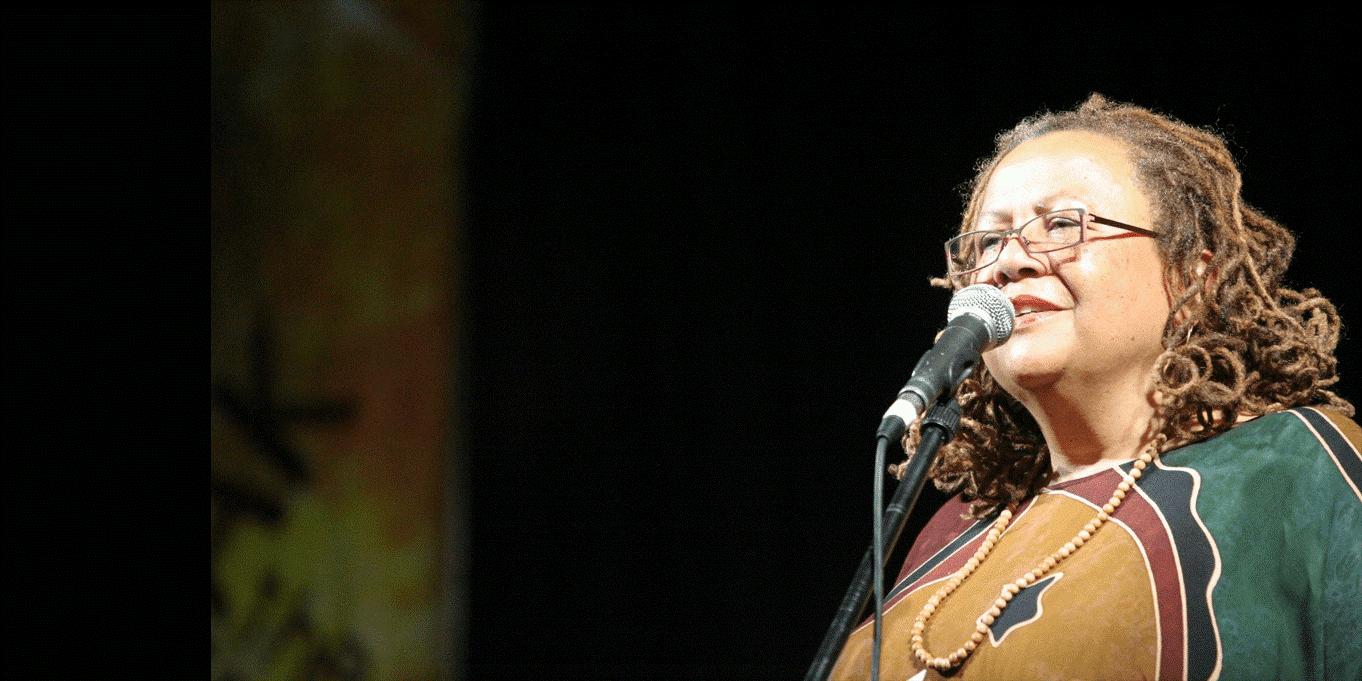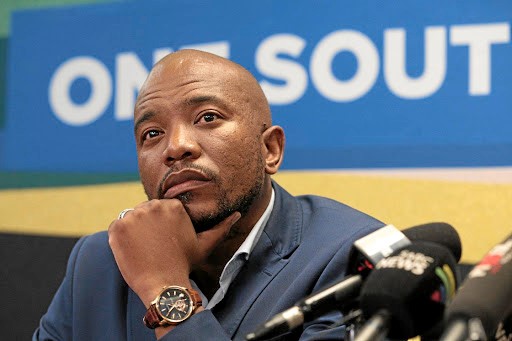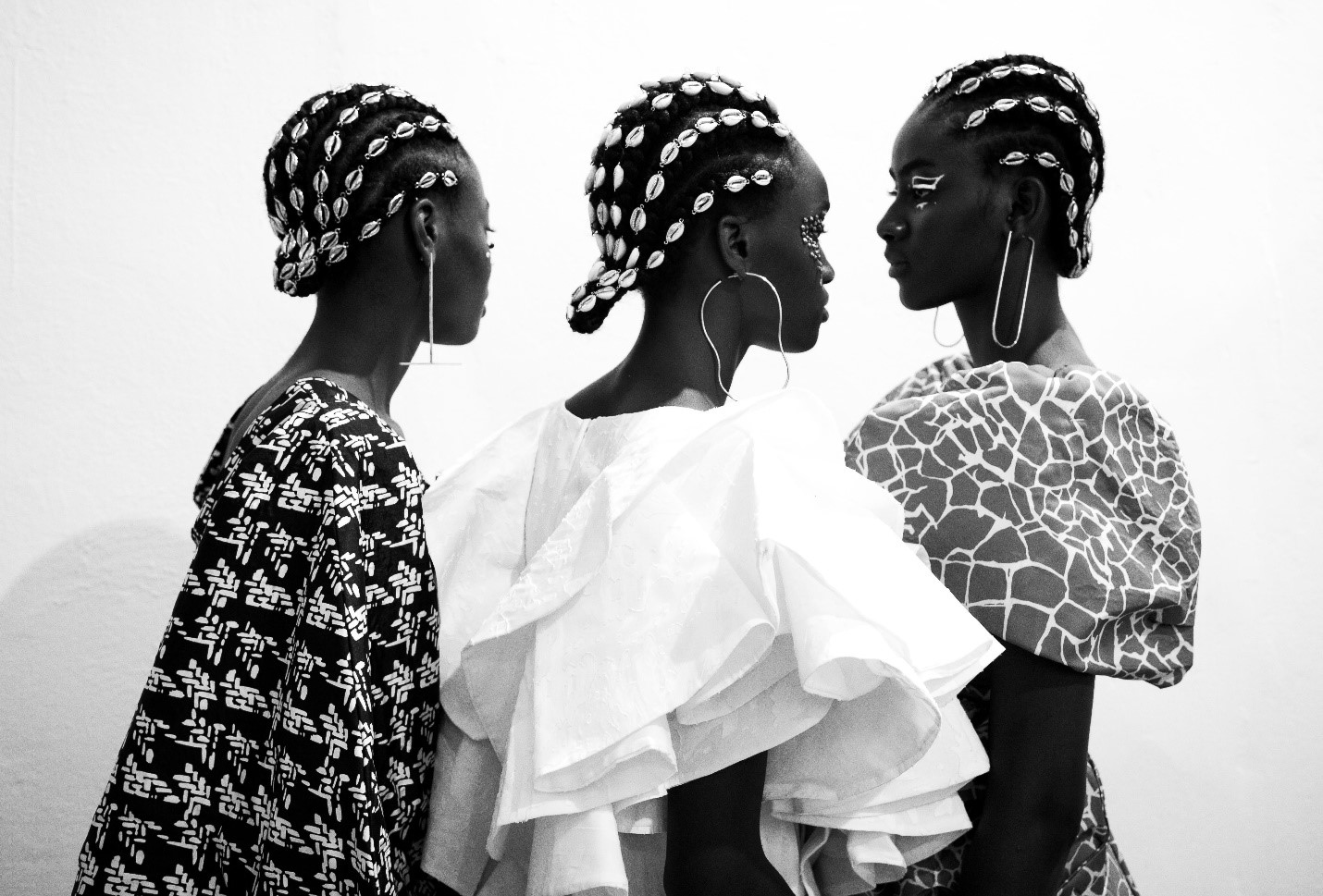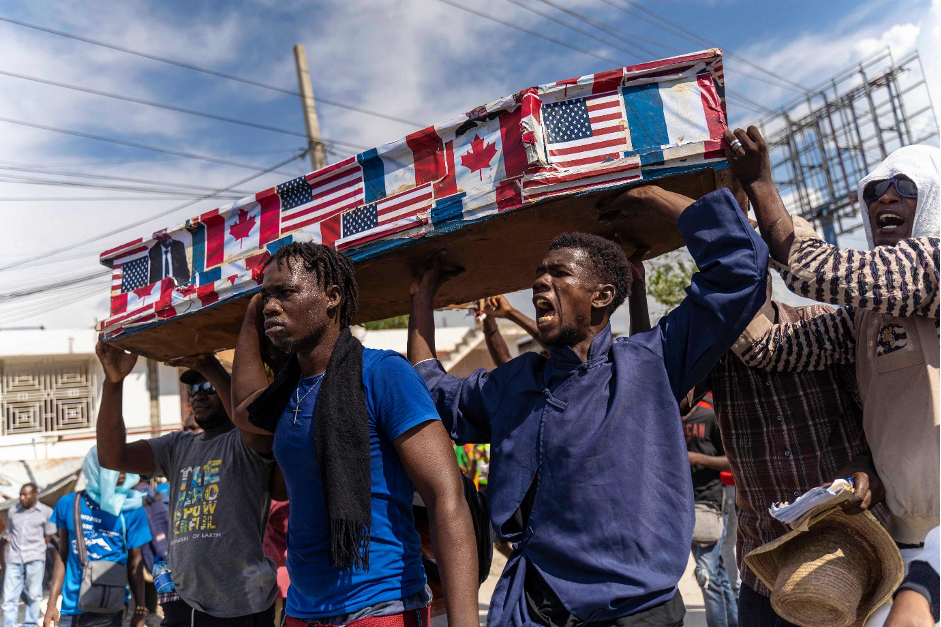“…Many of South AfriKKKa’s 'leading' white universities have their genesis in the 1896 South African School of Mines in Ga-Kgosi Galeshewe (Kimberley), which under the direction of colonialists like Rhodes, Barnato, Southey, Lord Kimberley and others presided over Black genocide in South AfriKKKa’s diamond and gold-rich areas.” (Mbele, 2015)."
During my student activist days, the people who tutored us (ideologically speaking), like the great Freedom Fighter, Bab'uVuyisa Qunta, used to tell us that we, as Afrikan student activists, by virtue of our chosen path, occupy a distinct and prestigious political position.
They said we were the younger component of the Afrikan revolutionary intelligentsia. That component of the oppressed that concerns itself with developing theoretical responses that are geared towards solving the existential problems of the oppressed (Afrikans). This is one of the political lessons I have never forgotten.
When I realised that, today in 2021, Wits University still has buildings that are named Barnato Hall, Jan Christiaan Smuts House and the Oppenheimer Life Science building, all of whom were arch colonialists, who presided and profited from the mass murder and mass rape of Afrikans in what the British misnamed ‘South Africa’, I then got reminded of how deep the roots of the current rebellions by Afrikan students are.
Universities like Wits, UCT, Rhodes, Stellenbosch, Pretoria, Free State, among others, were and continue to be central to the repugnant European project of maintaining white power and Afrikan subservience in South AfriKKKa.
And if we understand this, then we will also understand that formulations such as ‘academic’ or ‘financial’ exclusions, are actually obscurant euphemisms for a deeply historical project of systematic economic marginalisation, exploitation and oppression of the Afrikan native.
Therefore, properly understood, the call for free decolonised education has very little to do with so-called ‘transformation’ within universities, but it has everything to do with the existential reality of Afrikan people, outside universities. By this I mean the resolution of the interconnected questions of national liberation and land repossession.
The colonial Eurocentric education system that currently enjoys hegemonic status in South AfriKKKa is one of the most effective ways of guaranteeing white power in South AfriKKKKa.
Therefore, to perpetuate and legitimise white power in South AfriKKKa (that is the dominance of the European invaders over the Afrikan natives), universities must make sure they remain as colonial and Eurocentric as possible (even if such universities are under the management of Afrikans).
To understand the depth of this point, we just need to look at how some of South AfriKKKa’s most revered colonial universities came into being. The university of the Witwatersrand (Wits) was built with blood money from the looting of our diamonds by, among others, Barney Barnato, Cecil Rhodes in Ga-Kgosi Galeshewe (misnamed ‘Kimberley').
Its original institutional form was known as the 1896 School of Mines in Ga-Kgosi Galeshewe, before it moved to what is now called Johannesburg and morphed from the Transvaal college of Mining — today's Wits university.
The University of Cape Town (UCT) is currently standing on stolen land that was 'donated' by Cecil Rhodes. As he was discussing the building of UCT with his architect (Herbert Baker, who also designed the Union Buildings), Rhodes said he wanted to build UCT from the £10 000 profit of the Kaffir Compound System of De Beers Mines in Ga-kgosi Galeshewe.
Rhodes further callously joked that he wanted to 'build the university out of the stomach of the kaffir'. Rhodes University was built from blood money donated by Rhodes from the Rhodes Trust (money made from the theft of diamonds and mass death of Afrikans in Ga-Kgosi Galeshewe).
Stellenbosch University (named after Simon Van Der Stel) was also built on stolen land donated by Jannie Marais. The university of Pretoria gets its name from Andries Wilhelmus Jacobus Pretorius (1798- 1853), a Dutch-land robber and Voortrekker military general, who killed many Afrikans during the resistance wards that were waged by Kgosi Sekhukhune and Inkosi uDingane.
The University of Pretoria was initially known as the Transvaalse Universiteits Kollege or TUK, then on 30 October, 1930, the white supremacist Union government passed the University of Pretoria Private Act 13 of 1930.
The white students of the Transvaalse Universiteits Kollege referred to themselves as ‘Tukkies’. Do the Afrikan students of today at the University of Pretoria understand what it means to refer to themselves as ‘Tukkies’?
In my humble view therefore, the essence of the fight for today’s Afrikan students cannot be reduced to ‘academic’ or ‘financial’ exclusions or the ‘transformation’ of the university management to ‘reflect the demographics of South Africa’.
The fight against what is called 'academic' and 'financial' exclusions and the call for free-decolonised education, have their historical basis in the project of European imperialism in South AfriKKKa, whose primary characteristic was the violent dispossession of the Afrikan people of their land, by the Europeans.
Today, European imperialism and arrogance persists not just in universities, but in South AfriKKKa the colonial polity. In my view, this historical understanding is what must constitute the essence of the fight that Afrikan students are currently waging on university campuses. If this is the essence of their fight, then they will perhaps also understand the consequences that come with taking such a position.
Camagu! Lesedi! Kganya! Makukhanye!

